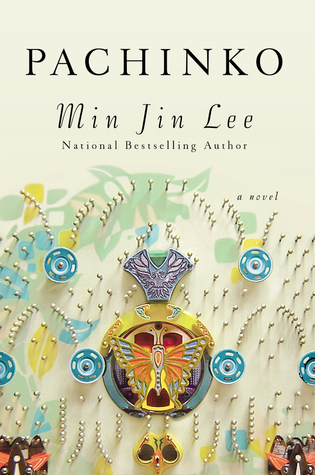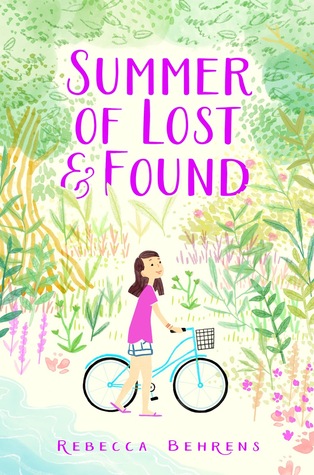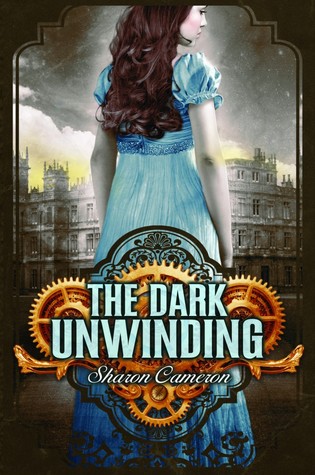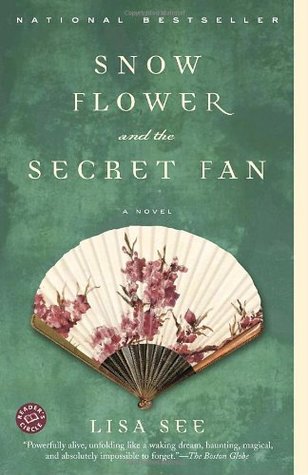ANNOUNCEMENT: We are moving! If you’d like to continue to follow us, please do so at PurpleReaders.com!

Title: Pachinko
Author: Min Jin Lee
Publisher: Grand Central Publishing
Hardcover: 496 pages
Source: BEA 2016
Summary: (taken from Goodreads)
A new tour de force from the bestselling author of Free Food for Millionaires, for readers of The Kite Runner and Cutting for Stone.
PACHINKO follows one Korean family through the generations, beginning in early 1900s Korea with Sunja, the prized daughter of a poor yet proud family, whose unplanned pregnancy threatens to shame them all. Deserted by her lover, Sunja is saved when a young tubercular minister offers to marry and bring her to Japan.
So begins a sweeping saga of an exceptional family in exile from its homeland and caught in the indifferent arc of history. Through desperate struggles and hard-won triumphs, its members are bound together by deep roots as they face enduring questions of faith, family, and identity.
*I received a free copy of this book from the publisher from BEA 2016.*
Overall Rating: 4 out of 5
When Andrew and I went to BEA 2016, this cover really stood out to us. There were only a few copies available and it was a fairly thick book, so we only picked up a copy for ourselves instead of also getting another copy for his classroom. I am SO glad we decided on grabbing it, because it’s been one of my favorite reads this year and I can’t wait to see how it’ll be received by everyone when it comes out.
Pachinko is a story that follows the life of Sunja, the daughter of a Korean couple who own a boardinghouse by the sea. It starts off by detailing her father’s life, then goes through the generations starting with Sunja herself, and then her son’s life, and finally her grandon’s life. It’s told through multiple perspectives, though it tends to focus more on Sunja’s family.
This is a story about what it meant to be Korean living under the shadow of Japan during World War II, what it meant to be Korean in the aftermath of World War II, and the sacrifices people make to ensure the survival and happiness of their future family members.
Pachinko is well developed and complex in its details of how these characters would have lived their lives during this time. I feel like the story of how Korea and its people lived under the rule of Japan around the time of World War II is largely untold and untaught — at least, it is in American public schools. While it is devastating in its bleakness, I enjoyed learning at least a little bit about this country and I feel as though I have a slightly deeper view of the world during World War II because of this book. Lee did an amazing job with her research in being able to trace how Japan acted towards Korea across these decades and showing it within the context of her story.
I was surprised by the pacing in this book. Usually, I find sagas to be just a tad on the slow side, and was a little worried when I saw that this story spanned generations, but while it’s comprehensive, the story moves steadily along, hitting the important parts and then skipping over the years when it needs to progress.
Given the different characters and the length of time this novel spans, I wonder if it wouldn’t have been better as a short story cycle. It almost had that feel to it, and I think there were moments that would have been heightened had it been written in such a format. I don’t think that the story significantly suffers from it being written as a novel, but I do think that the way its constructed is almost an in-between novel and short story cycle, which sometimes took me out of the story a little bit to try to figure out what sort of format this is. Not a huge complaint or anything — just a thought.
For me, the first part of the book was the strongest and most compelling. My favorite part was reading about how much Sunja would sacrifice and how hard she would work to give her family the best chance possible. I would recommend this to anyone with an interest in historical fiction. The characters and the writing itself are beautiful, and as I’ve said, it provides an interesting look at a culture that I don’t think we often get to learn about.
 Title: Dodger
Title: Dodger
 Title: The Dark Unwinding
Title: The Dark Unwinding Title: Snow Flower and the Secret Fan
Title: Snow Flower and the Secret Fan